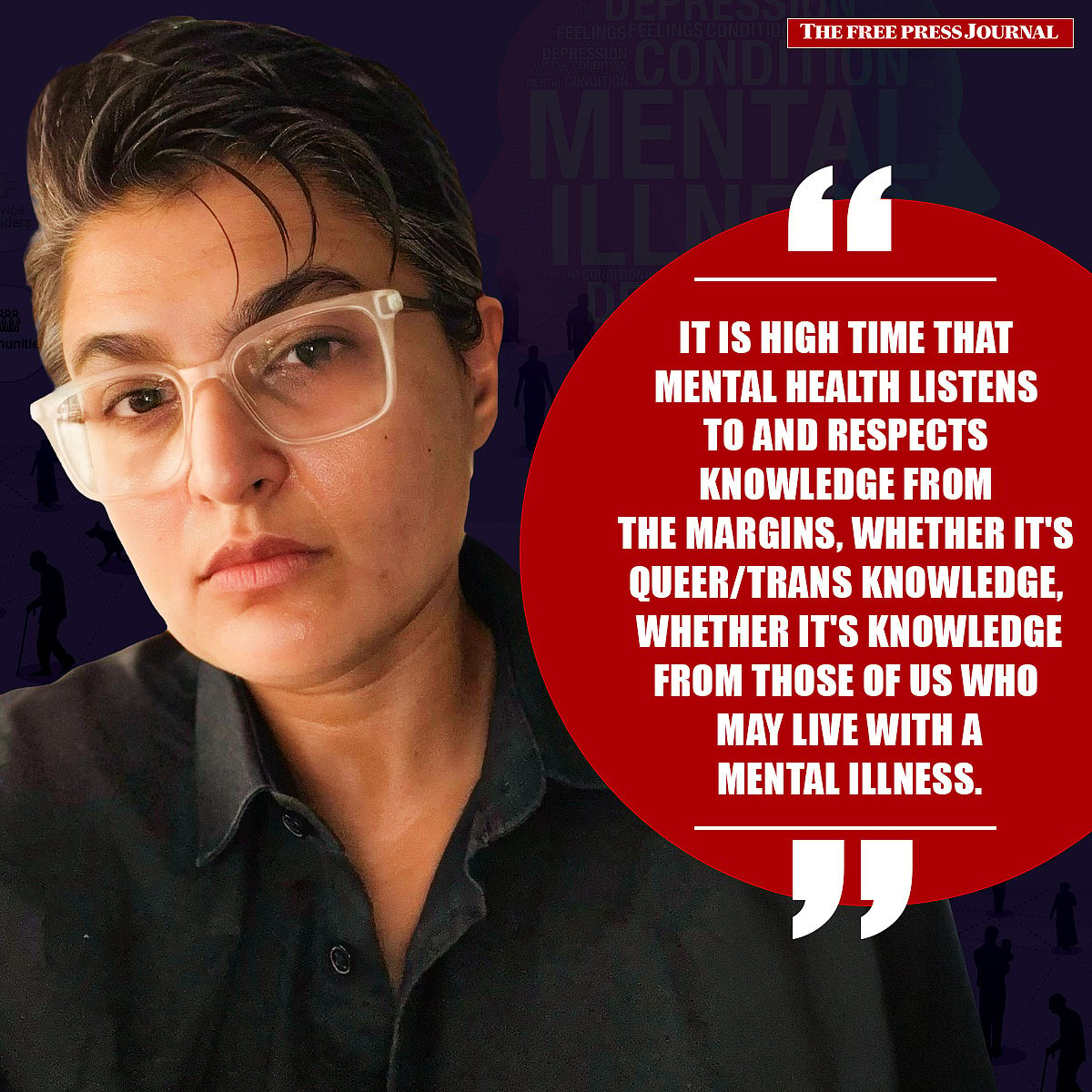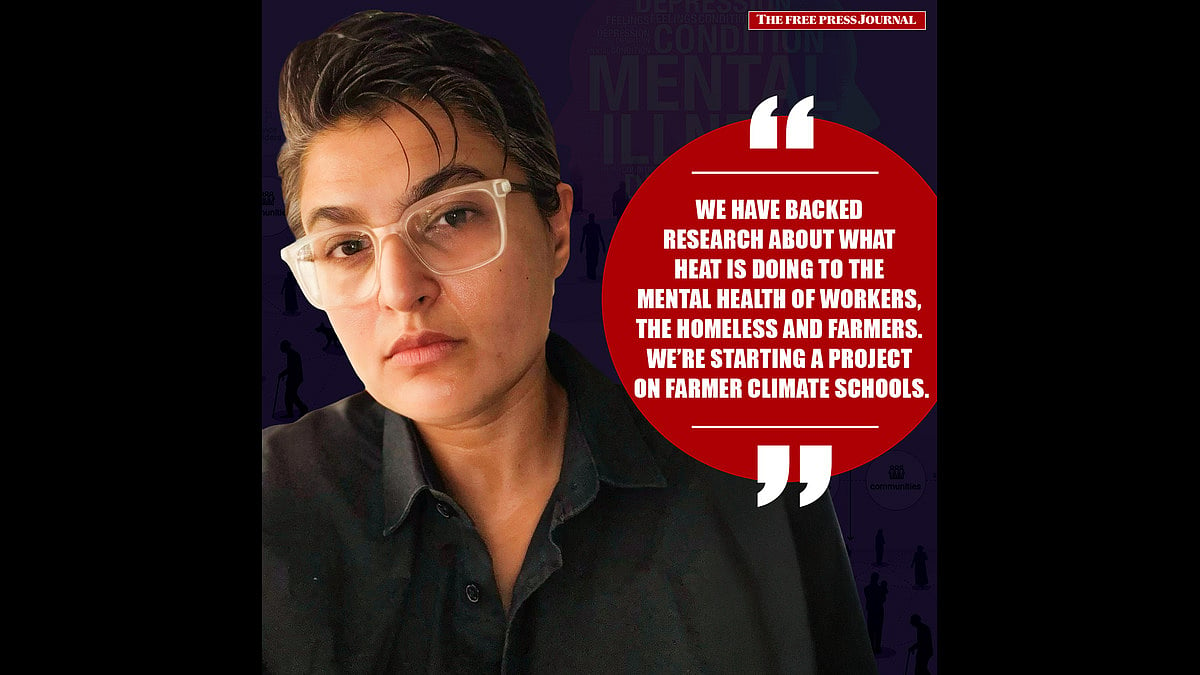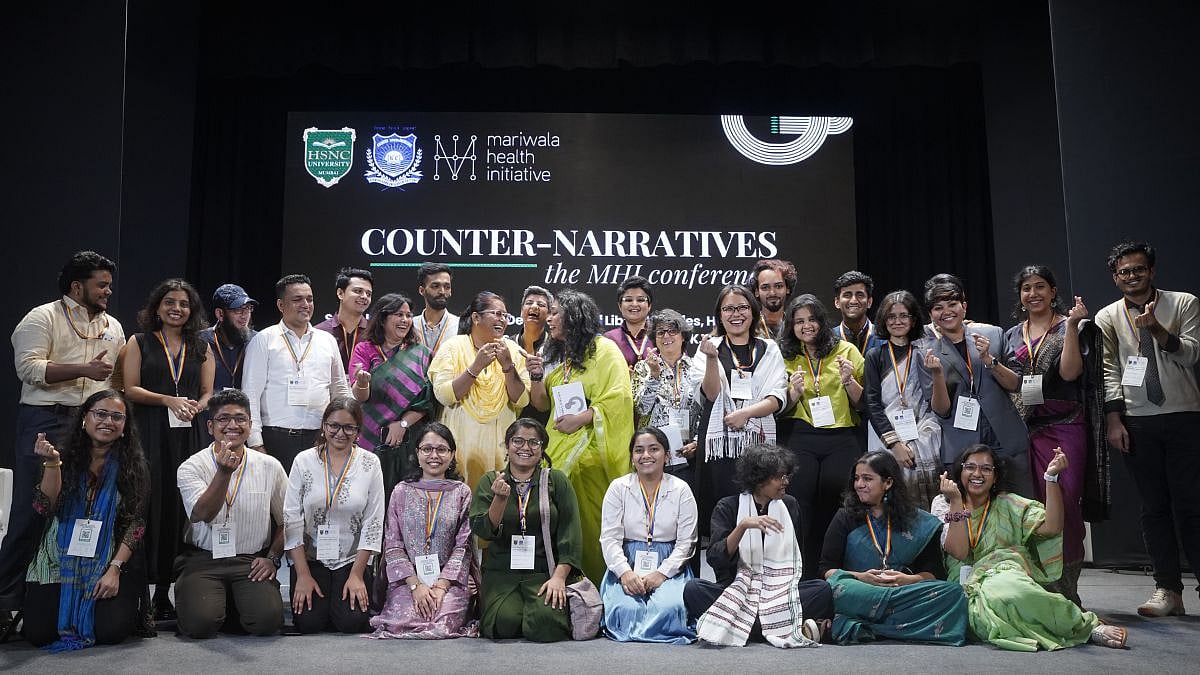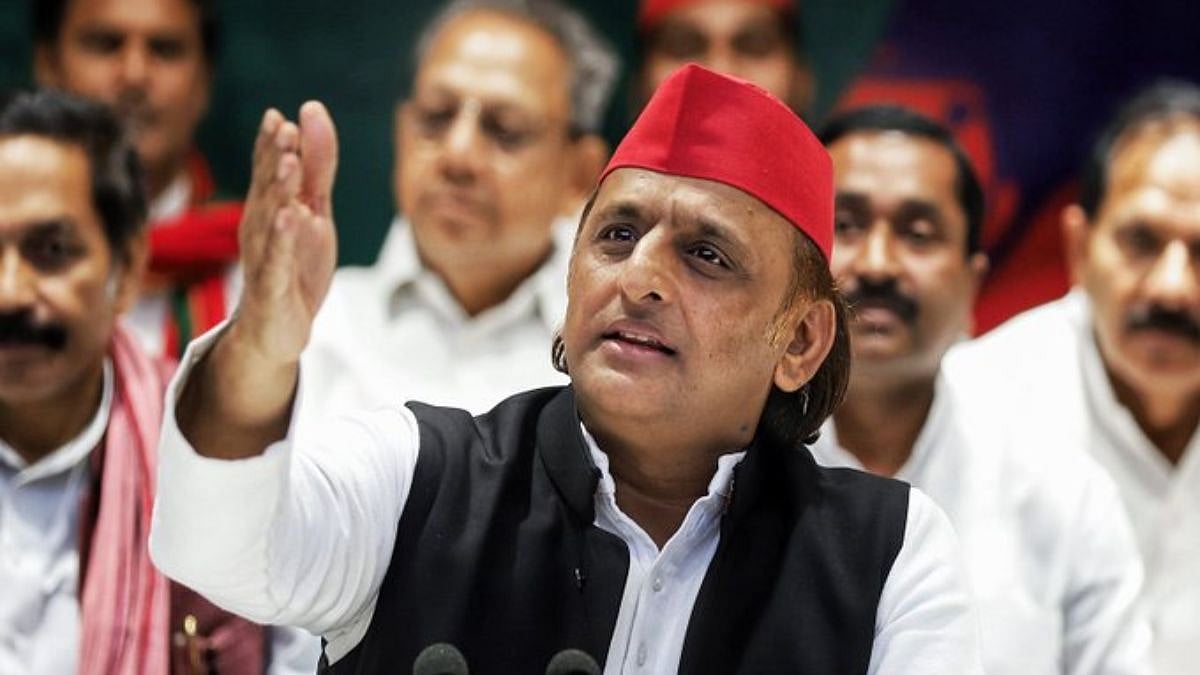Family philanthropies, particularly those associated with large corporate entities, tend to be squeamish about caste, ableism, Dalit-Bahujan-Adivasi issues, LGBTQ issues, etc. What makes you so different and unafraid?
It boils down to why you do philanthropy. For me, it is the redistribution of privilege, part of that is wealth, but the other part is the networks and other benefits you've accrued due to that privilege.
Also, you can’t talk about mental health in this country without talking about caste, because it informs, at a very basic level, how we do mental health work.
The third reason is simply that Indian philanthropy is done through networks of privilege. How many grant-making organisations can you reach without knowing someone in the office? When we started up, the rule was that if anyone tries to get in touch with me or get funds by saying they know my uncle or aunt or somebody else, they are automatically refused. Our processes on how to apply for a grant are on our website, so nobody should need to say they know this person or that family member. I think this is very important if we are to do philanthropy correctly.
Were there any early experiences you had that led you to become so aware of these inequities that exist in Indian society?
As a child I used to be called the communist of the family. But also, I was non-verbal for a certain part of my childhood, neurodivergent, with a learning disability, and I’m queer. In some ways, I therefore found it easier to see certain things. These experiences opened my eyes up to a lot.
Then, once I got into feminist organising, I learned a lot, which has informed a lot of what Mariwala Health Initiative (MHI) does.
Tell us a little bit about how MHI came to be set up.
My dad, Harsh Mariwala, has always believed in giving back to society. In 2014, as he was retiring as managing director of Marico, he wanted to give more time to philanthropy. Because I had been part of feminist organising collectives, and I spent some time working with non-profits in the US, he felt I had a grasp on the subject. When he asked me what area we should work in, I picked mental health.
Along with the chief advisor of MHI, Dr Shruti Chakraborty, who is a mental health professional, we spoke to about 50-60 people in mental health, allied fields, those who work in rural contexts with farmers, etc to understand how we would build MHI and what would inform its values. That’s how MHI started.
We learned that there is a lack of mental health services, there are quality issues, but also, how do you help people in certain circumstances to thrive psychosocially? For example, those dealing with gender-based violence. So we decided we must have linkages to other services, as a strong facet of our work.

Any big successes that MHI has had in the years since you started out?
We built this tagline, “Changing the narrative around mental health.” I think that has happened to a certain extent.
When we started, I wanted to call this the Mental Health Initiative, but every mental health professional told me ‘mental health’ is a very dark and negative word. Today, we are at a point where it doesn't carry those connotations.
Also, we now talk much more about how mental health can be affirmative. Where are the gaps when it comes to caste discrimination? Is mental health at work only for people like us who sit in offices or does it also mean a worker at an NREGA work site? These are the narrative changes that we need.
MHI’s Queer Affirmative Counseling Practice course for mental health professionals was started in 2019. We have trained 850 mental health professionals including from tier-2 towns. The course helps build an anti-oppressive mental health practice.
It is high time that mental health listens to and respects knowledge from the margins, whether it's queer/trans knowledge, whether it's knowledge from those of us who may live with a mental illness. That is the other massive gap in mental health, the lack of a rights-based, consent-based approach that centres the individuals and communities that we're trying to work with.
Another big success is our work with the Kerala State Health Resource Center in which we're training everyone top down in one district of Kerala to be queer-affirmative and trans-affirmative. This means everyone from the administrators, to the doctors, to the security guards.

MHI has been supporting work on climate. Is that because climate justice as a subject will in coming years be closely related to mental health issues?
Climate justice cannot be removed from mental health. Part of my mandate now is to widen the definition of mental health. It has to be freedom from violence, freedom to live, have a home, to work. It has to be much more than just the absence of a mental illness.
Climate and mental health are both struck by similar malaises, top-down, Eurocentric, etc. Dominant, hegemonic narratives will tell you how, with climate change, anxiety, depression, suicidal ideation will go up. The field is more concerned with how many people are going to become disabled than actually what happens to the people who are already disabled. What does that tell you? How scared are we of disabled people? How scared are we of people living with mental illness that there's no data on this? We’ll hear about floods in Mumbai or the heat in Delhi, but not about Arunachal Pradesh.
We have backed research about what heat is doing to the mental health of workers, the homeless and farmers. We’re starting a project on farmer climate schools. These are topics that we can't neatly pull mental health out of, and I think they're connected in very basic ways.




